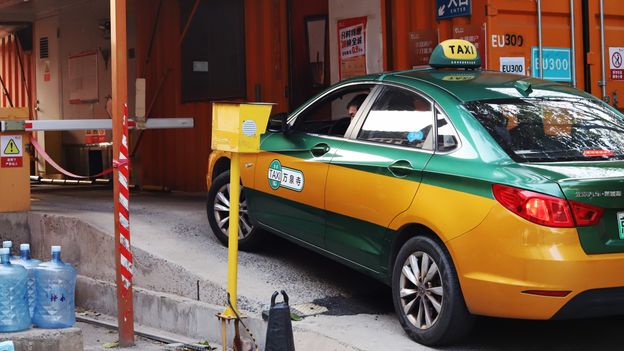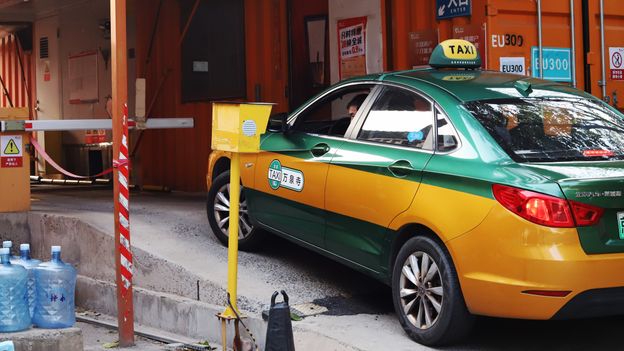A new fully charged EV battery in five minutes: Are China's swap stations the future of electric cars?
A new fully charged EV battery in five minutes: Are China's swap stations the future of electric cars?

A new fully charged EV battery in five minutes: Are China's swap stations the future of electric cars?

Headline ends in a question mark. The answer is no.
Battery swapping is a nice option for certain types of vehicles and locations, and battery standards would be great too, but I doubt it will replace home charging anytime soon. It has all the downsides of gas stations, as stated in the article.
Perhaps it makes sense in a couple of car-generations if batteries eventually get really big, like 5000 km range or something.
Yep, long haul trucking this would make sense, provided the manufacturers agreed on a standard. Battery swap points at key long haul stops would go a long way towards making EV trucks more viable (it's close but marginal at the moment). Your own depot can be a swap point for bigger companies.
I'm not entirely sure it's needed though - the move towards higher voltage faster charging may well make this a moot point, truckies already have mandatory rest periods, if the charge times and rest times can line up then it's not worth the cost (they don't quite at the moment).
Long haul trucking could be the first use case for automated driving. They could simply swap the trucks and recharge them. Depends on what's cheaper: Adding swapping capabilities or having the whole trunk waiting to be charged.
If you could get all the batteries standardized then you could just treat them as a consumable (rather than part of the vehicle), and have the charging station automatically check battery health and rotate out batteries for refurbishing/recycling as needed, so the end user never has to even worry about the battery lifecycle. It would need a lot more infrastructure though.
Stressing the if.
Also, I don't really see the "downsides of gas stations" - if you've been driving long enough to need a battery swap then you should get out and take a break and you might need to use a restroom and get a drink or something.
On long trips you need a break. I don't need a break on my daily commute. To me, never having to stop at gas stations is one of the key benefits of driving electric.
The larger downsides are mentioned in the article. Gas stations, charger sites and potential swapping sites all require massive investments in land, infrastructure and idle batteries. And they still experience shortcomings in peak periods. The idea of driving somewhere and stopping there for refueling is probably the least efficient method of distributing energy. I'm sure the gas station companies will gladly push for this method and it will be nice to have the option, but I will always prefer not having to go there at all.
For long drives, where you do need a break, the fast chargers are quick enough. Cutting the waiting from 15 minutes to 5 minutes is really not worth the investment.
I think battery standards are really, really important. What happens in five or ten years, when your make and model isn't sold any longer and you can't get a new battery from the manufacturer?
Same thing that will happen today when a car's computer is no longer produced
I would like the combination. Home charging day to day, but swapping on longer road trips.
Eh. My car's only 200 or so miles of range on the freeway and charges pretty slowly by modern standards, but I still find I want to stop before the car does and the car's ready to go before I am.
When a charging stop comes three hours into a longer trip it doesn't really slow me down. I want to pee, stretch my legs, and get a coffee and a sandwich anyway at that point.
We don't really need battery swaps for cars, and with a longer range EV with faster charging that's going to be even more true.
I think people who don't own an EV don't really get home charging. They think of fast charging as being equivalent to filling a gas car and imagine using a fast charger during a 20 minute drive to work like they fill up, when actually fast charging is something I only do once every few months.